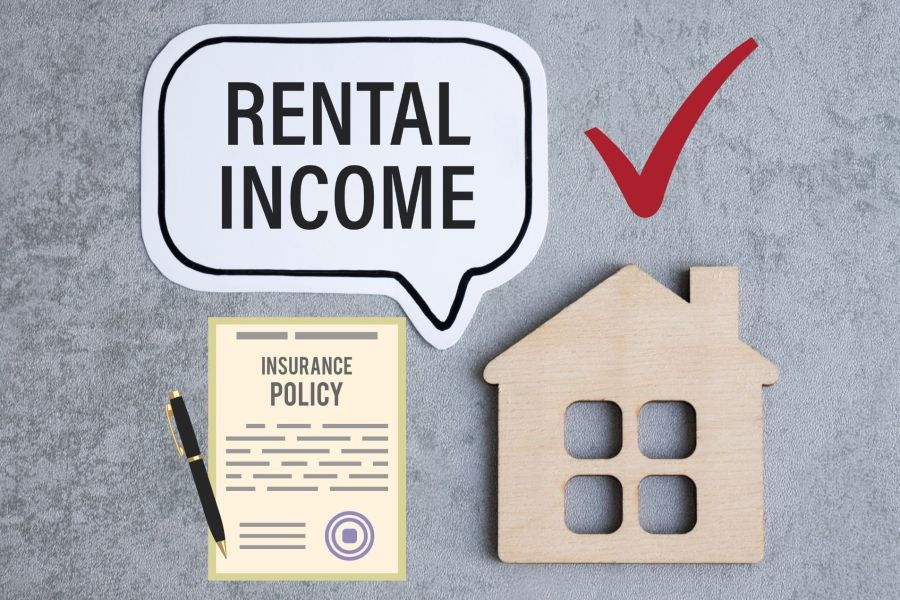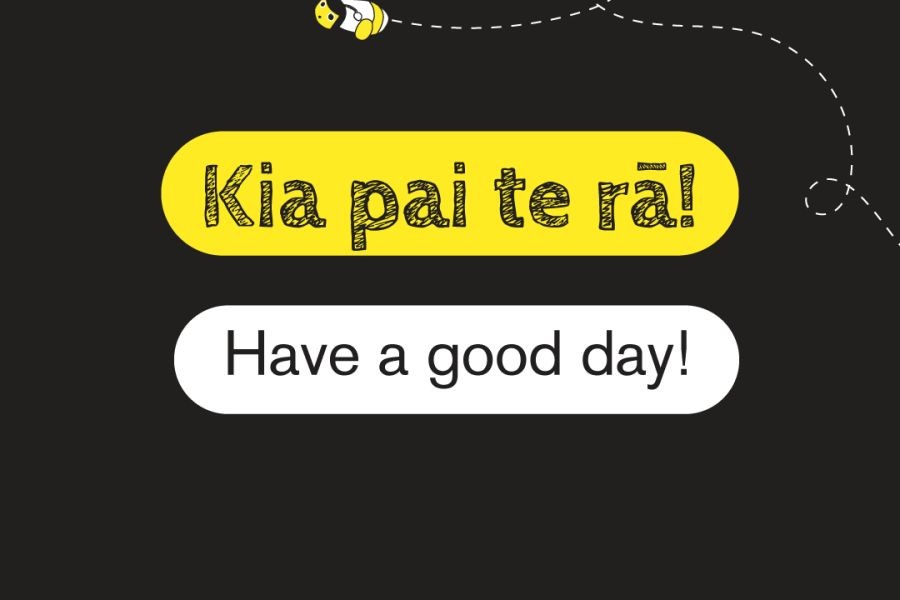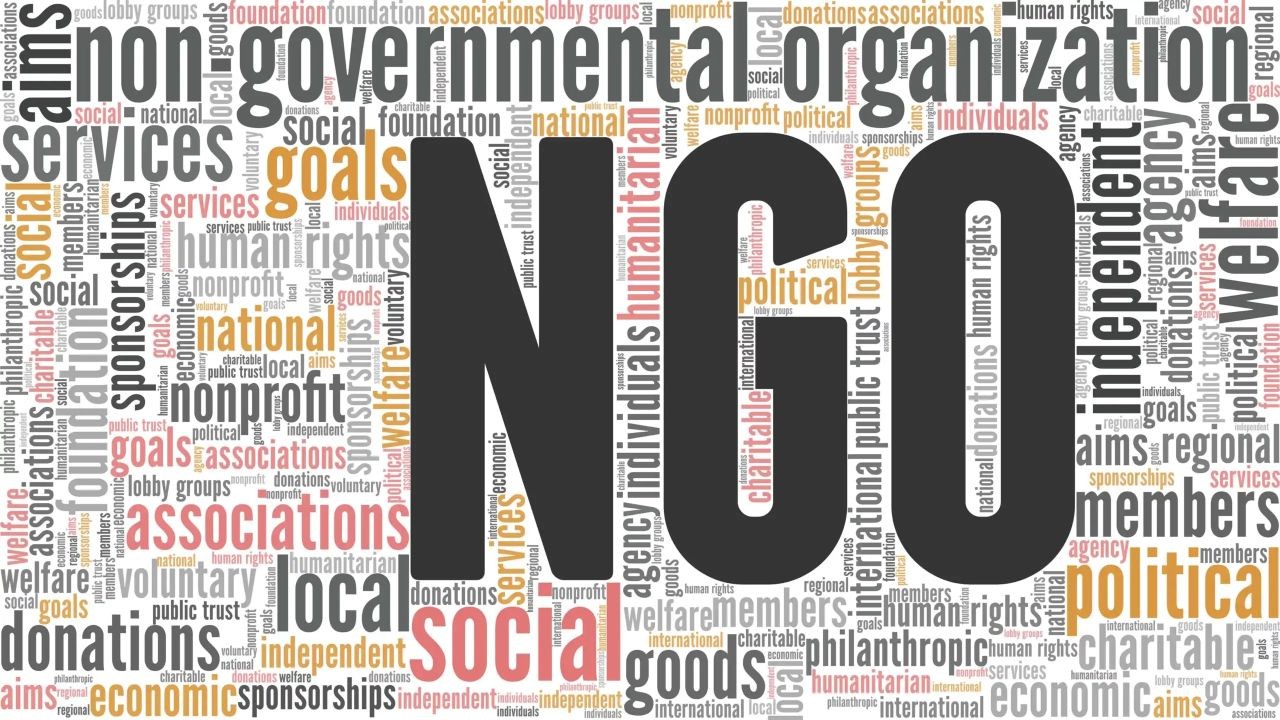Transitioning a child into New Zealand’s private schools is a significant milestone for many families, yet it’s one that requires careful financial and logistical planning. Private education is often seen as a gateway to higher academic performance and improved future opportunities, but it comes with its own set of challenges—particularly in terms of cost and cultural adaptation.
New Zealand's education system is unique, blending elements from both the British and Maori cultures, and its schools often reflect this diversity. According to the Ministry of Education, private schools in New Zealand have seen an increase in enrolments by 3.9% over the past five years, emphasizing their growing popularity. However, transitioning into these institutions requires more than just financial readiness; it involves understanding the educational landscape, preparing your child emotionally, and aligning your family’s values with those of the school.
Understanding the Private School Landscape in New Zealand
New Zealand boasts a wide array of private schools, each with its own ethos, educational focus, and extracurricular opportunities. Private schools here often offer smaller class sizes, specialized programs, and a strong focus on individual student support. However, the tuition fees can be substantial, ranging from NZD 15,000 to NZD 40,000 annually, according to Education Counts.
Economic Context and Financial Planning
As a financial advisor, it's crucial to guide your clients through the financial implications of choosing private education. The tuition fees, while a primary expense, are just the beginning. Additional costs may include uniforms, extracurricular activities, and transportation. With New Zealand’s inflation rate hitting 5.3% in 2023 (Reserve Bank of New Zealand), these costs are likely to increase.
Case Study: The Smith Family's Transition
Consider the Smith family, who transitioned their daughter to a private school in Auckland. Initially, they underestimated the ancillary costs, such as technology fees and field trips, which added an unexpected NZD 5,000 annually. Their financial advisor recommended establishing an education fund, allowing the Smiths to manage these costs without impacting their long-term savings goals.
Preparing for Cultural and Academic Integration
While financial planning is paramount, equally important is preparing your child for the cultural and academic shift. Many private schools in New Zealand emphasize holistic education, integrating Maori language and customs into the curriculum. This can be an enriching experience but may require additional preparation for students unfamiliar with these practices.
Supporting Emotional and Social Adjustment
Transitioning into a new school environment can be daunting for children. Encourage parents to engage with the school community before the school year begins. Attending orientation sessions, meeting teachers, and connecting with other families can ease the transition. Schools like St. Cuthbert’s College in Auckland offer buddy programs to help new students acclimate socially and academically.
Pros and Cons of New Zealand’s Private Schools
Before making a decision, it's critical to weigh the advantages and disadvantages of private schooling in New Zealand.
Pros:
- Individualized Attention: Smaller class sizes allow for personalized learning experiences.
- Extracurricular Opportunities: Access to diverse programs, from arts to sports.
- Academic Excellence: High performance in national and international assessments.
- Values and Ethics: Schools often emphasize character building alongside academics.
Cons:
- High Costs: Significant financial commitment that may strain family budgets.
- Limited Diversity: Some schools may lack socio-economic diversity, impacting social experiences.
- Pressure to Perform: High academic expectations can lead to stress among students.
Common Myths About Private School Education
Many misconceptions surround private education in New Zealand. Let’s debunk a few:
Myth: Private schools guarantee better academic results. Reality: While many private schools have strong academic records, success depends more on the student’s effort and engagement than the school alone.
Myth: Only affluent families can afford private schooling. Reality: Many schools offer scholarships and financial aid, making them accessible to a broader range of families.
Myth: Private schools lack diversity. Reality: While some private schools have less socio-economic diversity, others actively recruit a diverse student body, including international students.
Future Trends in New Zealand's Private Schooling
Looking ahead, the demand for private education in New Zealand is expected to grow. Factors such as increased international student enrolment and the integration of technology in education are likely to shape this sector. According to a report by MBIE, the private education sector is projected to expand by 5% annually over the next decade, driven by rising educational standards and global competitiveness.
Furthermore, New Zealand's commitment to sustainability and digital literacy is increasingly reflected in private school curriculums, preparing students for future challenges in a globalized world.
Conclusion and Final Takeaways
Helping your child transition into a private school in New Zealand involves comprehensive planning—both financially and emotionally. As a financial advisor, your role is to ensure families are informed and prepared for all aspects of this transition. Here are the key takeaways:
- Establish an education fund to manage costs effectively.
- Engage with the school community to facilitate smoother cultural integration.
- Consider the pros and cons carefully before making a decision.
- Debunk common myths and set realistic expectations.
- Stay informed about future trends in education to make strategic decisions.
As you guide families through these decisions, encourage them to weigh their options carefully and plan strategically for a successful transition. By doing so, you’re not just investing in a child’s education but in their future success.
People Also Ask
- How does private schooling impact students in New Zealand?Private schooling often provides personalized education and diverse extracurricular activities, leading to enhanced academic and social development.
- What are the biggest misconceptions about private schools?A common myth is that private schools guarantee success. However, success depends more on student engagement and effort.
- What financial planning strategies are effective for managing private school costs?Establishing an education fund and exploring scholarships can help manage expenses effectively.
- What are the latest trends in private schooling in New Zealand?Increasing digital integration and focus on sustainability are shaping the future of private education.
- Who benefits the most from private schooling?Students who thrive in smaller class environments and benefit from tailored learning and diverse extracurricular options.
Related Search Queries
- Private schools in New Zealand
- New Zealand education system
- Cost of private schools in NZ
- Scholarships for private schools in NZ
- Private vs public schools in New Zealand
- New Zealand school curriculum
- International students in NZ private schools
- Financial planning for education
- Education trends in New Zealand































